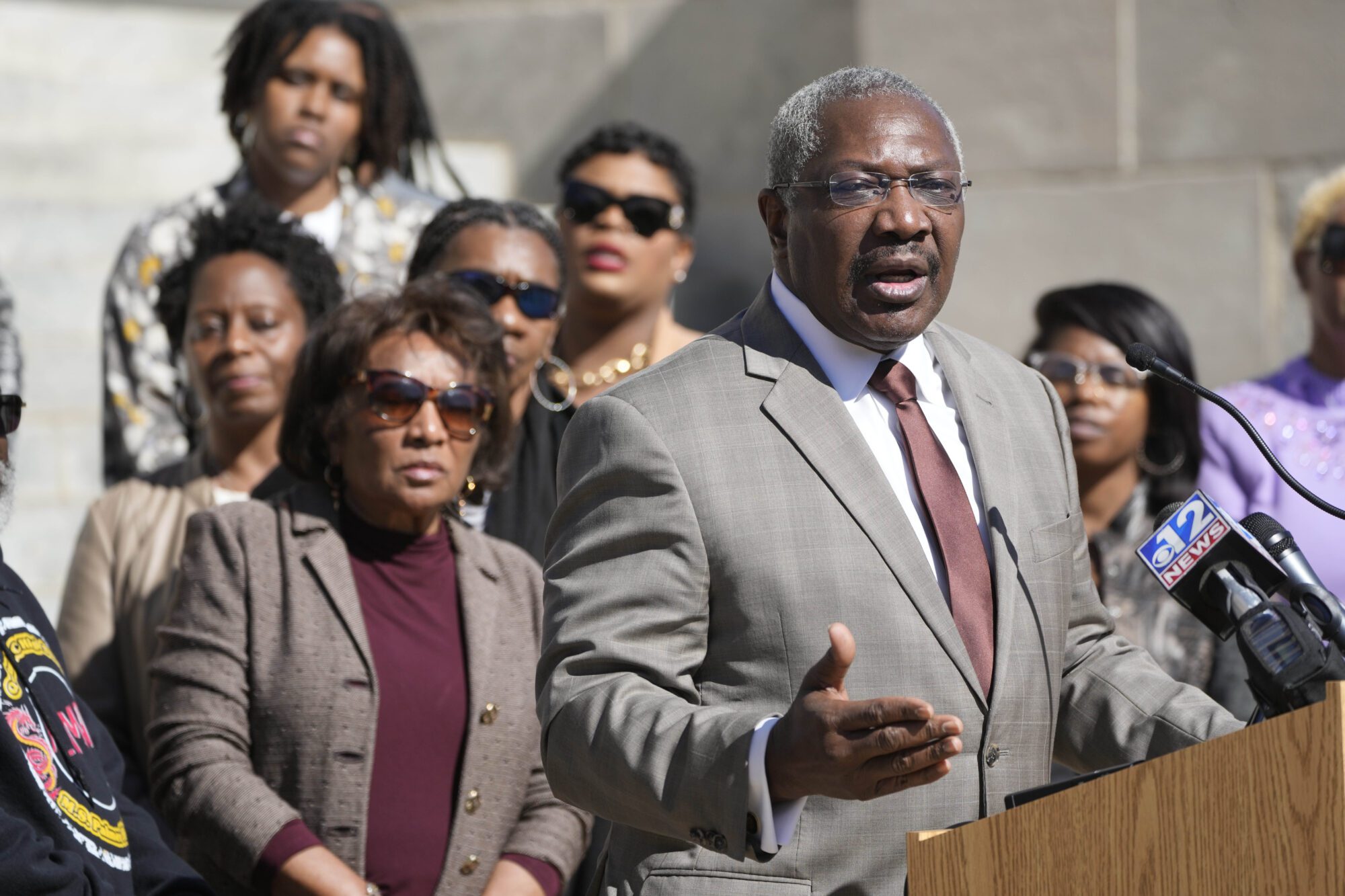
- Very few believed Mississippi could ever rise from the bottom of the national education rankings, writes Rachel Canter. She says now Mississippi must stay the course and build on successes.
When I started lobbying the legislature for Mississippi First, the world was very different. Haley Barbour was Governor, Barack Obama was President-elect, and “facetime” still meant getting to see a politician in person. I was young and inexperienced, and, though I am a Mississippian, I had no political connections whatsoever. I did the only thing I could think to do: show up and listen.
What became very obvious, very quickly, was that too many of Mississippi’s leaders at that time did not believe that our children, and our state, could make real progress in education.
I heard all sorts of excuses—children in Mississippi are too poor and families don’t care about education were the most common—and whenever I challenged these lines, I got responses ranging from laughter to derision to pity. Very few people believed Mississippi could ever rise from the bottom of the national rankings, let alone do what my organization set out to do—make Mississippi first.
Today, Mississippi has not only met the national average in math at fourth grade, we have surpassed it in reading. We’ve also nearly met the national average in reading and math at eighth grade. As myself and others have stated before, Mississippi’s gains are shared among every group of students, regardless of race, socio-economic status, or even prior achievement level. It is a stunning achievement, especially as our state has continued to make progress at a time when the country has moved backwards. When adjusting for demographics, Mississippi scored first in the nation in 2024 in fourth-grade reading and in eighth-grade math and scored fourth in eighth grade reading.
Rather than an overnight “miracle,” Mississippi’s steady climb over two decades is the fruit of a coherent and comprehensive policy agenda, dedicated and persistent policymakers and advocates, and lots of hard, unwavering work by educators and students.
Those of us working for change in those early days will remember the uphill battles we fought publicly and privately to change not only hearts and minds, but also behavior and systems. We were united by a vision of giving every child an excellent public education and a set of policy ideas that are now all in law and practice, including higher standards and accountability, high-quality pre-K, scientifically based reading instruction, high-quality instructional materials, and a more equitable funding formula, among others.
Now that we can rightfully tell all our naysayers to kiss our grits, my greatest fear is that policymakers and educators alike may start wondering whether we have to continue to do the hard work. When results are this good, why do we need to coach teachers or keep rigorous assessments or invest more in pre-K? Why do we have to raise the bar on school accountability letter grades or worry about teacher pay or continue to improve education funding? The answer should be obvious to anyone with sense: to maintain our gains, Mississippi must stay the course with the policy initiatives we have implemented since 2010.
Holding steady won’t be enough, though. Even with our comparatively stellar results, a majority of our fourth and eighth graders have not yet reached proficiency in reading and math on the National Assessment to Education Progress (NAEP), our only national measure of achievement. To go farther, Mississippi needs a vision for the next 10 years that builds on our success. Here are a few ideas:
Extend the literacy work
Mississippi’s Literacy-Based Promotion Act—and more importantly, its implementation—has proven a success over the last decade. However, by eighth grade, our students lose ground in proficiency on both the state assessment and the NAEP. This pattern mirrors historical national trends. Graduating students who can read at grade level is a basic responsibility of public education; the job does not end in elementary school. Mississippi should adapt the literacy model through middle school, with an eye toward both continuing to support students who struggle to decode after third grade, as well as supporting teachers in improving reading comprehension as texts become more complex and students must communicate their ideas through writing.
Launch a statewide math initiative
Mississippi’s math scores have improved no less dramatically than our reading gains over the last two decades. Nonetheless, we still have work to do to ensure that our graduates have the foundation to succeed in college and career. Although two-thirds of Mississippi students scored proficient or higher on the state Algebra exam in 2024, only about 16 percent of our high school juniors scored high enough on the math section of the ACT to be “college ready.” NAEP data also shows that only about 22 percent of students are proficient in math at eighth grade. Creating a state math initiative can do for math instruction and math teachers what our literacy model has done in reading.
Double down on high-quality instructional materials and support for teachers
In the last decade, Mississippi has changed its state process for assessing instructional materials for quality, and many districts have moved to curricula scoring well on the new rubrics. However, adoption of great materials and implementation in classrooms are not the same. Mississippi knows what
great implementation looks like—and how to get there—from the state’s work with literacy schools and the state-funded pre-K collaboratives, which also receive curriculum-based coaching and support. More schools, and more teachers, should have the opportunity to work with great coaches and receive training and support on how to implement high-quality instructional materials with fidelity.
Fix the state longitudinal data system
Mississippi needs better information about how our education programs affect children over time, especially as children graduate from high school and move into their adult lives. I have long questioned whether our current SLDS can produce actionable data in a timely manner for pre-K-12 education programs. Over the years, Mississippi First has attempted to request data for research multiple times from the SLDS, to no avail; we have even been told that only state agencies may request data and that there was no process for qualified researchers to access this taxpayer-supported system. Without timely and accurate data, policymakers who care about education will struggle to assess whether current programs and initiatives are worth the investment or what might be better ideas. The SLDS is over a decade old; it is time to see the returns for pre-K-12 public schools.
This moment of change for the state is also a moment of change for me: this month, I leave Mississippi First for a national education policy role where I will apply the lessons I learned over the last 17 years about what works for children. No matter my position, though, I will always be a Mississippi girl who is proud to call Mississippi my home state. We still have work to do to ensure an excellent public education for every child in Mississippi—and in America—and I stand ready to continue the fight.








